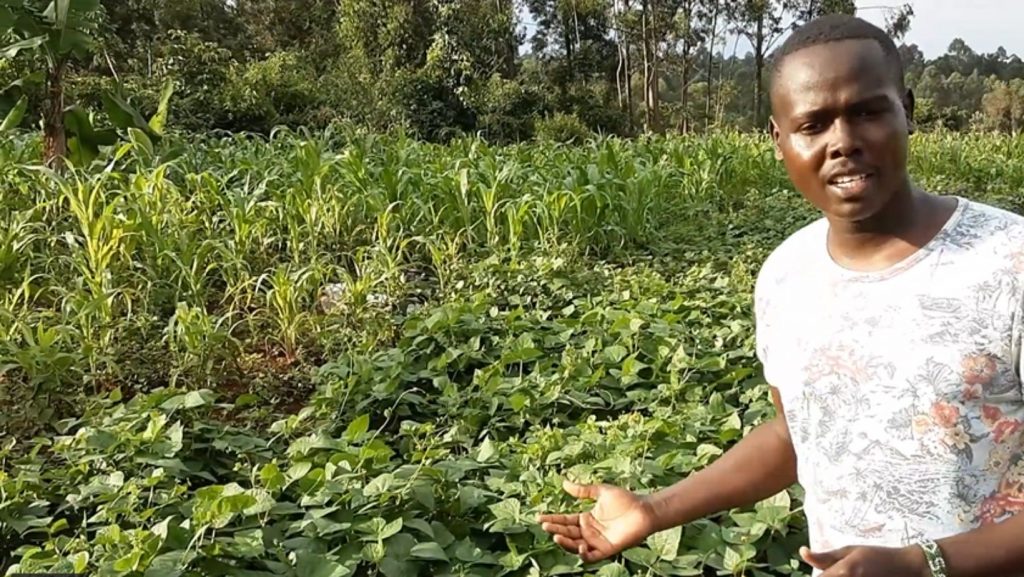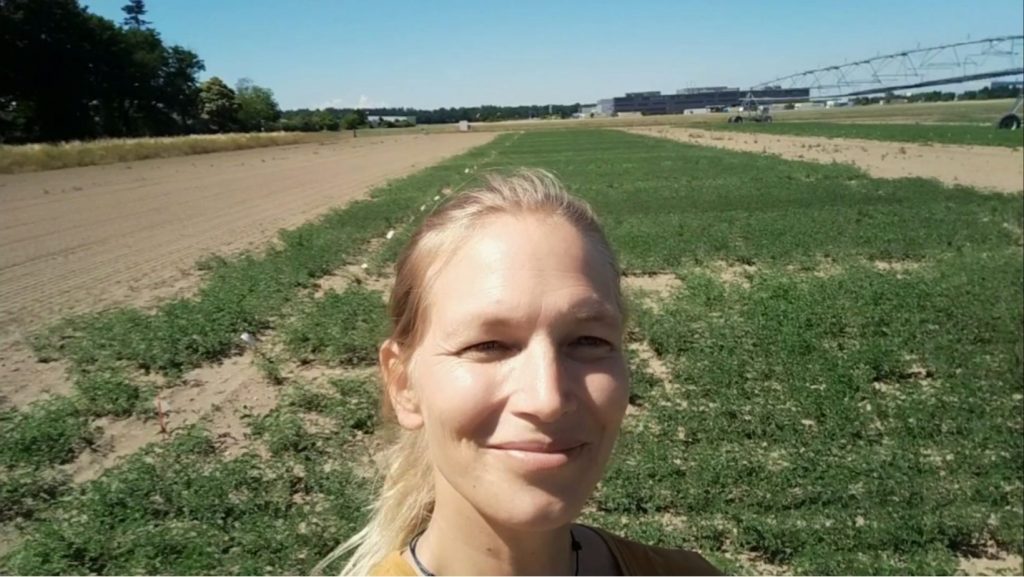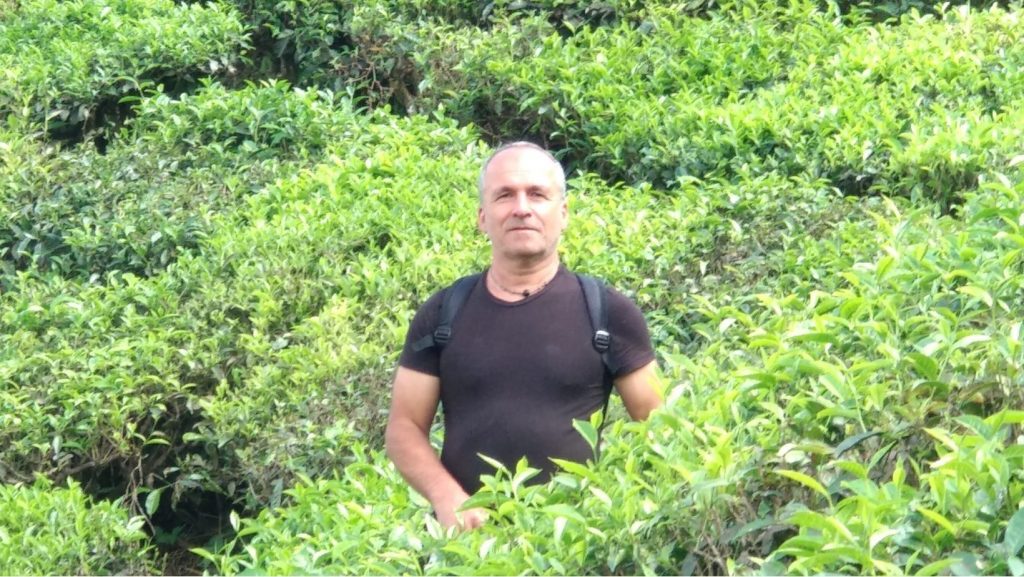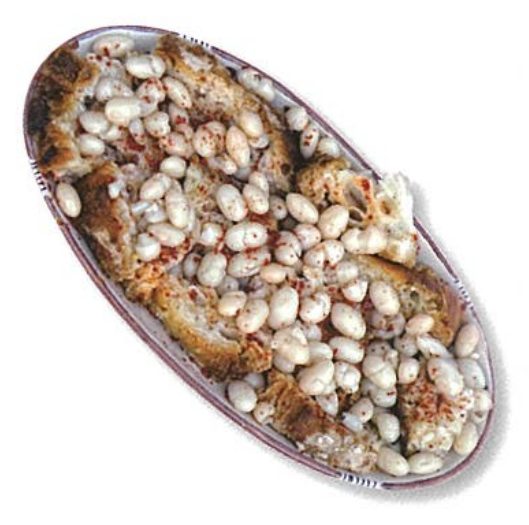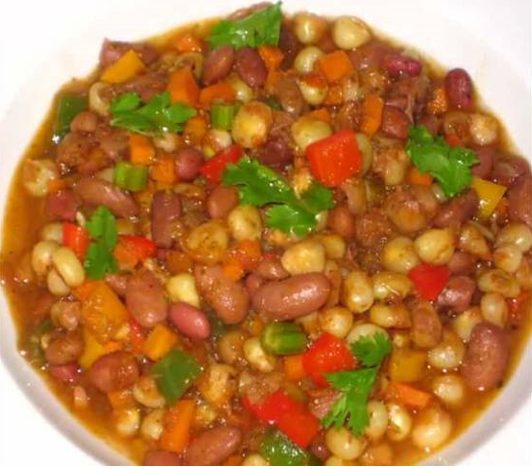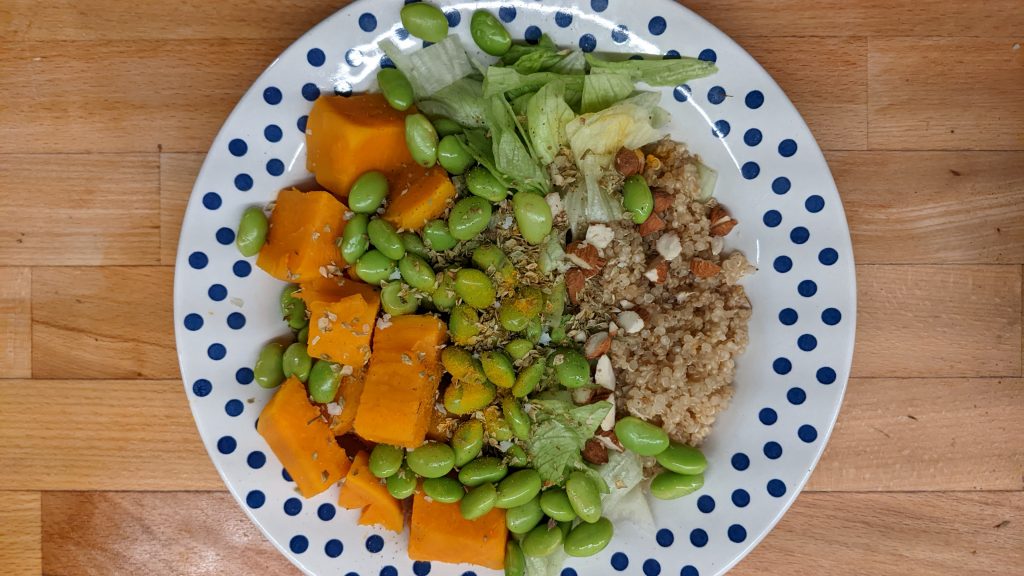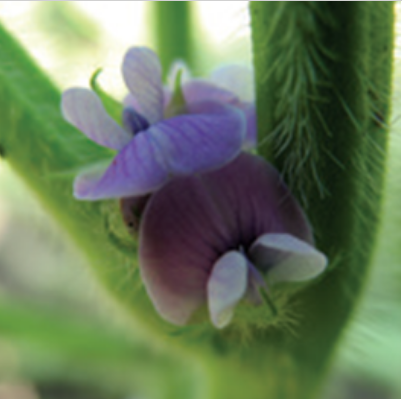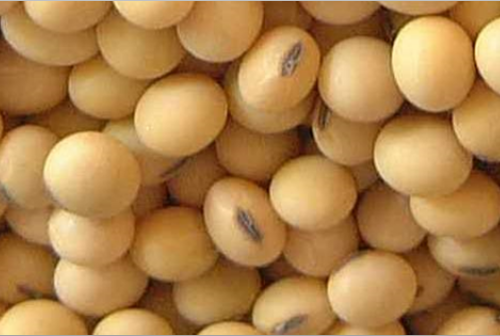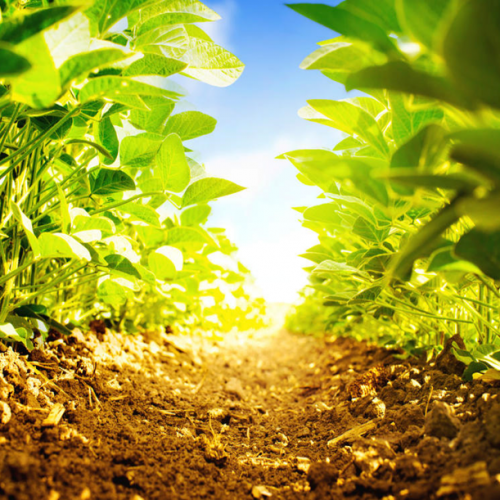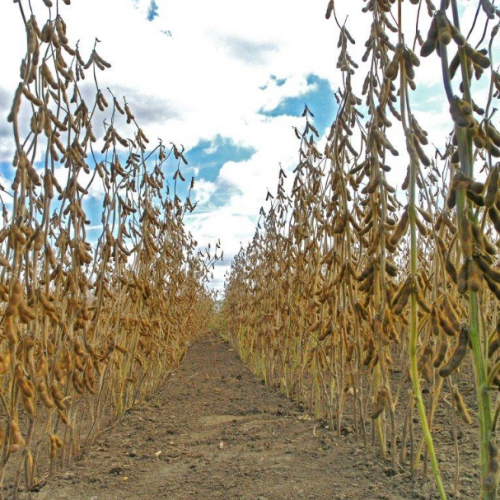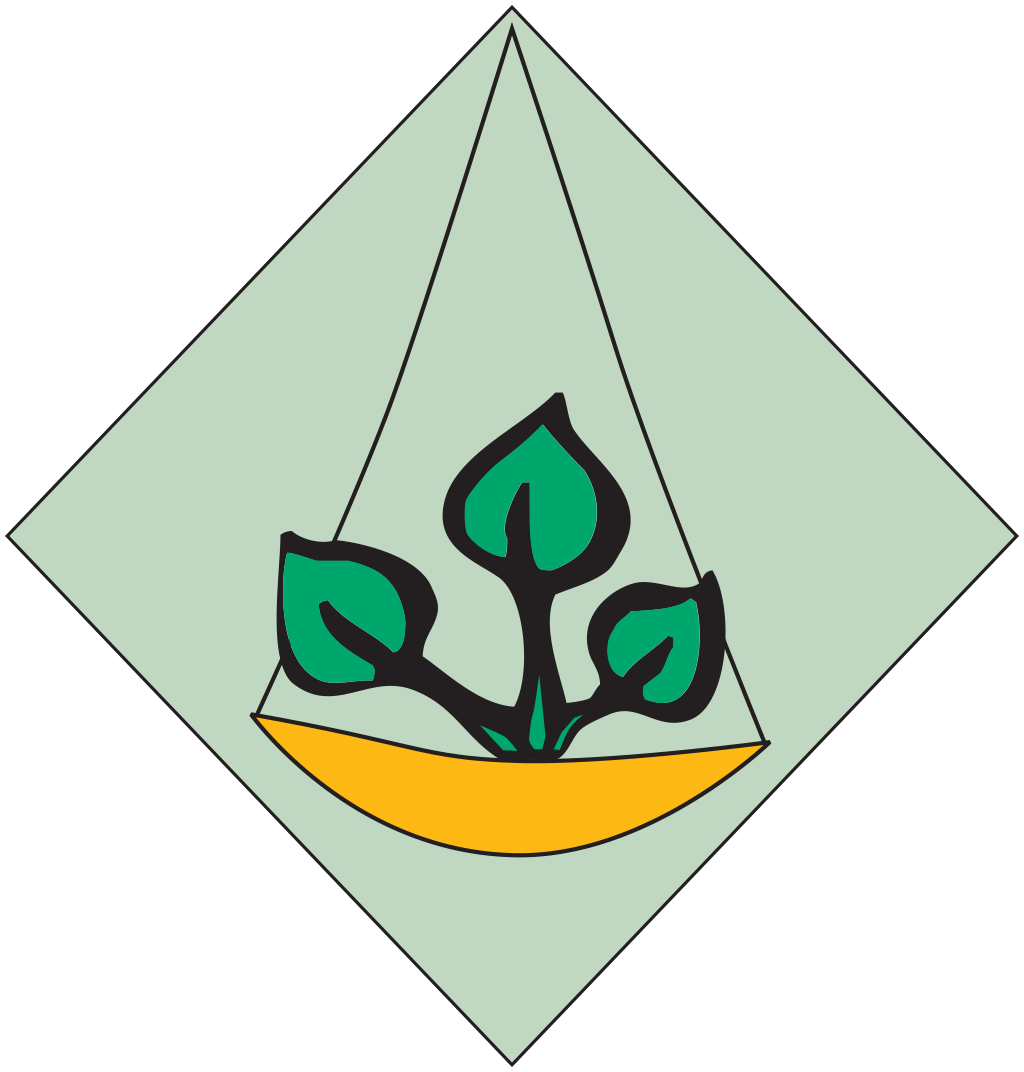The Seed Association of Serbia was established in 2001 and has been accepted as a full member of the International Seed federation in 2002, as well as Euroseeds in 2006. The Seed Association of Serbia ( 28 members) brings together the entire value chain: researchers, producers, processors, market and actors for regulatory issues. We are able to help to speed up innovation and the uptake of results and create thematic cooperation between researchers, advisors and farmers.
Global Bean projects we are involved in:
We can offer:
Transferring knowledge and innovation in practice, disseminating project results to the farmers/stakeholders, creating practical cultivation instructions and interesting recipes and cooking.
We seek:
Experience in legume gardening, exotic pulse varieties, traditional recipes and cooking experience
In the Global Bean network since:
December 2021
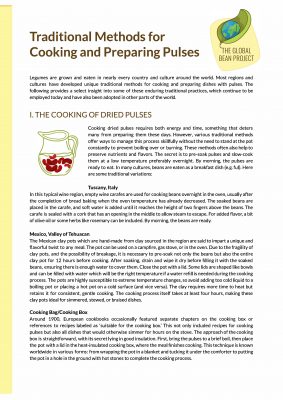
Legumes are grown and eaten in nearly every country and culture around the world. Most regions and cultures have developed unique traditional methods for cooking and preparing dishes with pulses. The following provides a select insight into some of these enduring traditional practices, which continue to be employed today and have also been adopted in other parts of the world.
Read more
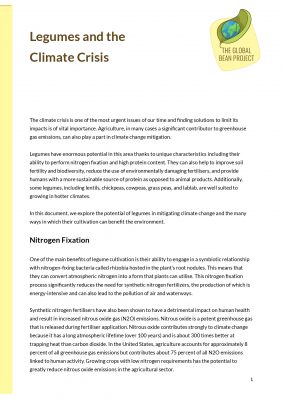
Legumes have enormous potential in this area thanks to unique characteristics including their ability to perform nitrogen fixation and high protein content. They can also help to improve soil fertility and biodiversity, reduce the use of environmentally damaging fertilisers, and provide humans with a more sustainable source of protein as opposed to animal products.
Read more
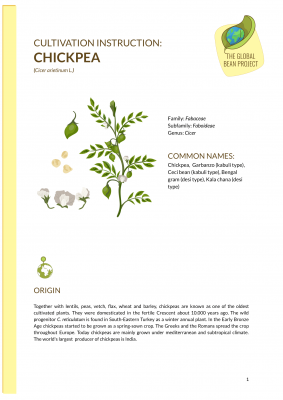
Chickpeas are known as one of the oldest cultivated plants. Did you know that they can be differentiated in two types varying in seed, shape and colour? Learn all about the cultivation of chickpea in your garden!
Read more
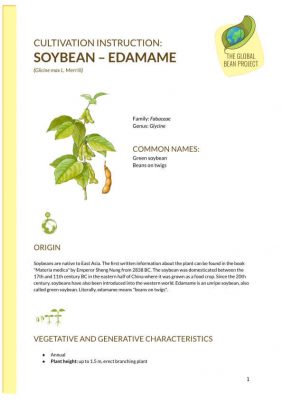
Did you know that you can easily grow soybeans in your european garden?
From the most suitable soil, the plant's most common diseases, its characteristics and the best harvesting time, find everything you need to know for successfully growing edamame.
Read more
Dani is a Spanish farmer, with a 40-acre chickpea production farm in María. Legume cultivation in this region of the North of the Almería has its challenges, due to the dry and extreme climate.
Read more
Seed savers Network(SSN) is a national membership based farmers organization. SSN works at grassroots level with a mission to conserve agrobiodiversity by strengthening communities seed systems for improved food and nutritional security
Read more
The LTZ is the state institute for agriculture in Baden-Württemberg. In 2012, the state government of Baden-Württemberg started its protein initiative (Eiweißinitiative), in which LTZ is responsible for grain legumes. Therefore, various trials - on beans, chickpeas, and peanuts - are underway in LTZ’s trial fields.
Read more
Nikos Dompazis cultivates traditional varieties of vegetables and legumes in Northern Greece (Komotini) in a garden of approx. 700 m2, since 1996.
Read more
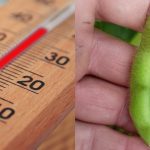
Legumes can play a significant role in the context of the climate crisis due to their unique characteristics including nitrogen-fixing root nodules and high levels of protein. In this event, we learnt more about this fascinating topic. Take a look at the recording and find out about some of the ways in which legumes can
Read more
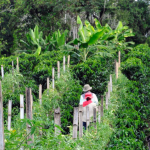
Legumes with their nitrogen fixing potential are ideal partners in many intercropping systems. Experts in intercropping discuss beneficial effects of intercropping, practical results and motivation to adopt intercropping practices on the route to sustainable agriculture and gardening.
Read more
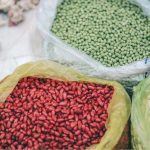
With overnutrition globally becoming a bigger problem than undernutrition, there is no shortage of food. However the price of food commodities is subject to speculation, and 36% of the grains are used as animal feed. Let's have a look at crisis-situations in Europe, Kenya, and India, and what part legumes could play.
Read more
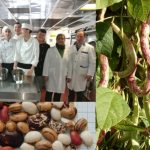
The science of planting mixtures and populations of different legumes is nearly 100 years old, rooted in the experience of millenia. Salvatore Ceccarelli, a pioneer of participatory and diversity based plant breeding, presents and discuss examples of these advantages.
Read more


 Publications
Publications Showgarden
Showgarden Recipes
Recipes Events
Events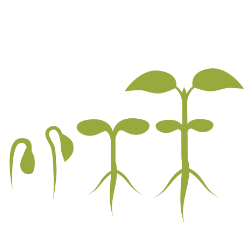 Articles
Articles




